
Merciful undoing
September 29, 2006 You use pain so wisely,With infinite care,Knowing right whereTo push and pull and tearAnd break and burnUntil I’ve finally learnedWith all my
ARTICLES BY COLLEEN CHAO

September 29, 2006 You use pain so wisely,With infinite care,Knowing right whereTo push and pull and tearAnd break and burnUntil I’ve finally learnedWith all my
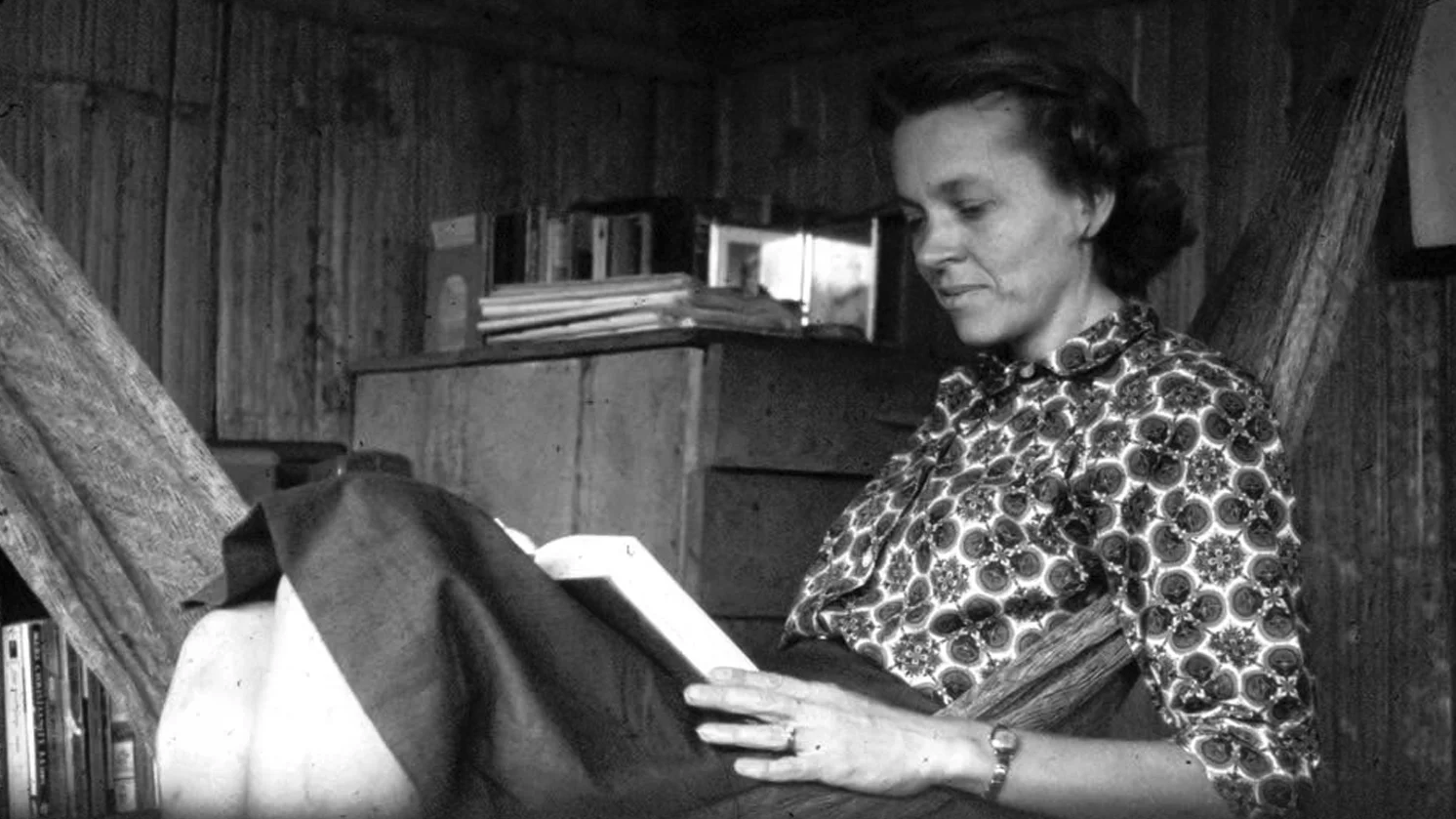
When I was a child, my mother passed along to me a deep appreciation for the life story and writings of Elisabeth Elliot. As a

Singleness is a long hike up a steep hill. Chances are, you’re either on the hike yourself or you know someone who is. Everyone has
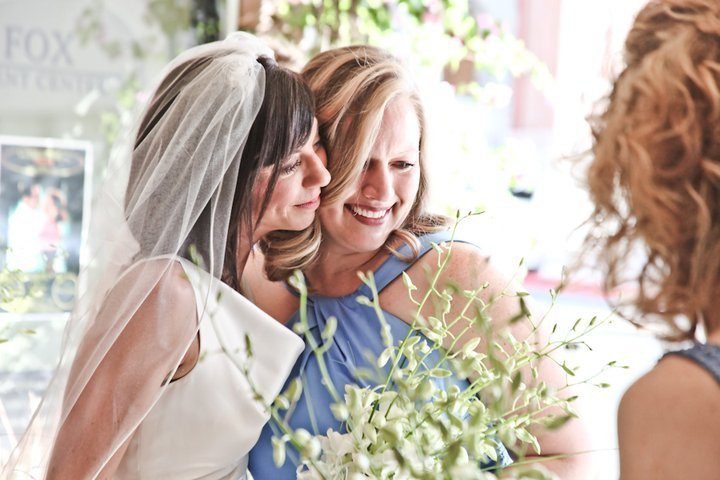
We met when we were gangly 8- and 9-year-old girls. Our small church and a mutual love for rollerskating were the only bonds we needed to

I penned this almost eight years ago in the midst of a desperate season, when I was hungry for the Word and a quiet space
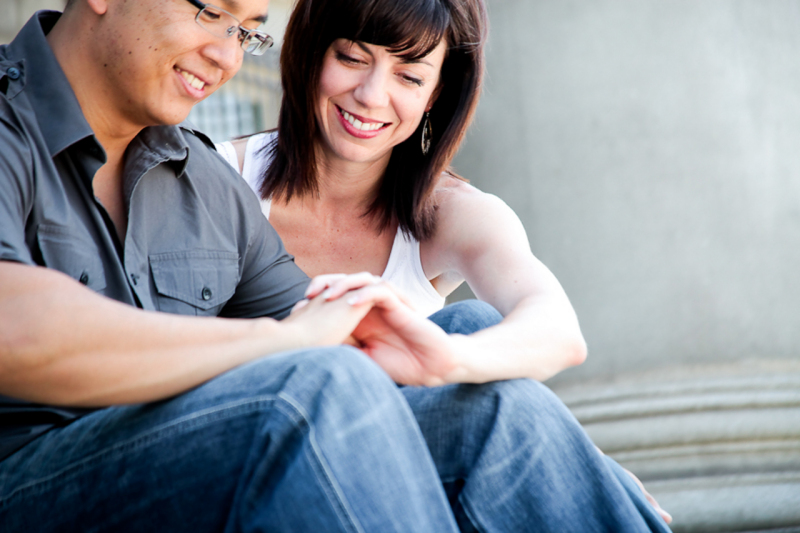
Seven years ago I sat in a coffee shop, looking across the table at a handsome man named Eddie. He was not quite a stranger
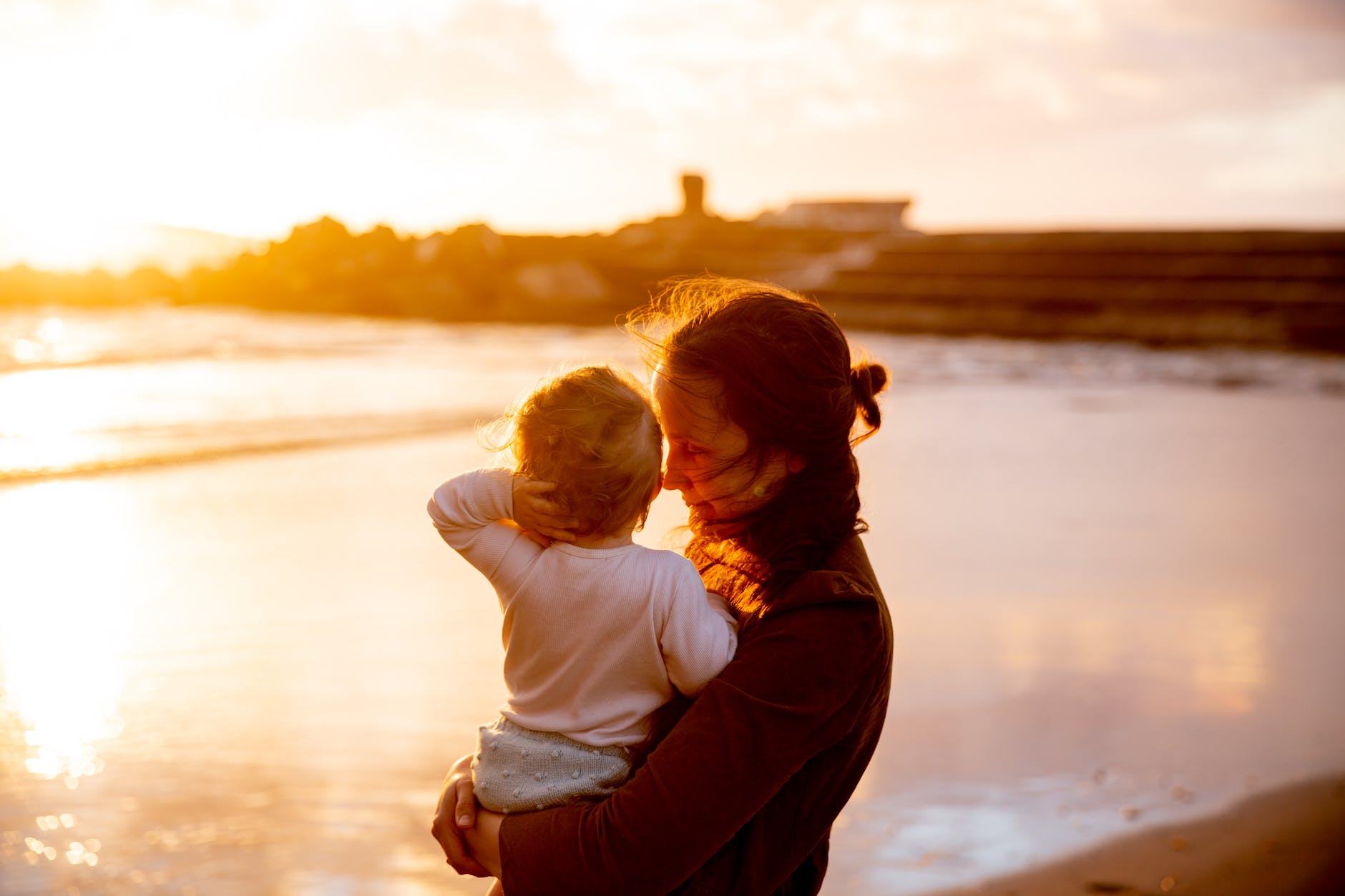
When my son was only a few months old, I had a mother-of-four walk by me and say, “Oh, I remember the days of only

I was 31 and it was Christmas Eve when we had The Talk. Everyone thought we were the perfect match. So even though I put on a

This Sunday, you will not be far from my thoughts, dear one. With every fiber of your being you long to be a mom. You

Years ago, God gave me a simple mental image that helped me persevere through long years of singleness. I pictured a treasure chest where my

September 29, 2006 You use pain so wisely,With infinite care,Knowing right whereTo push and pull
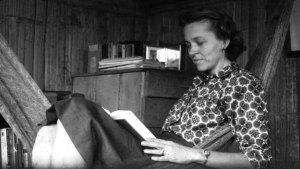
When I was a child, my mother passed along to me a deep appreciation for

Singleness is a long hike up a steep hill. Chances are, you’re either on the

We met when we were gangly 8- and 9-year-old girls. Our small church and a mutual

I penned this almost eight years ago in the midst of a desperate season, when

Seven years ago I sat in a coffee shop, looking across the table at a

When my son was only a few months old, I had a mother-of-four walk by

I was 31 and it was Christmas Eve when we had The Talk. Everyone thought we were

This Sunday, you will not be far from my thoughts, dear one. With every fiber

Years ago, God gave me a simple mental image that helped me persevere through long